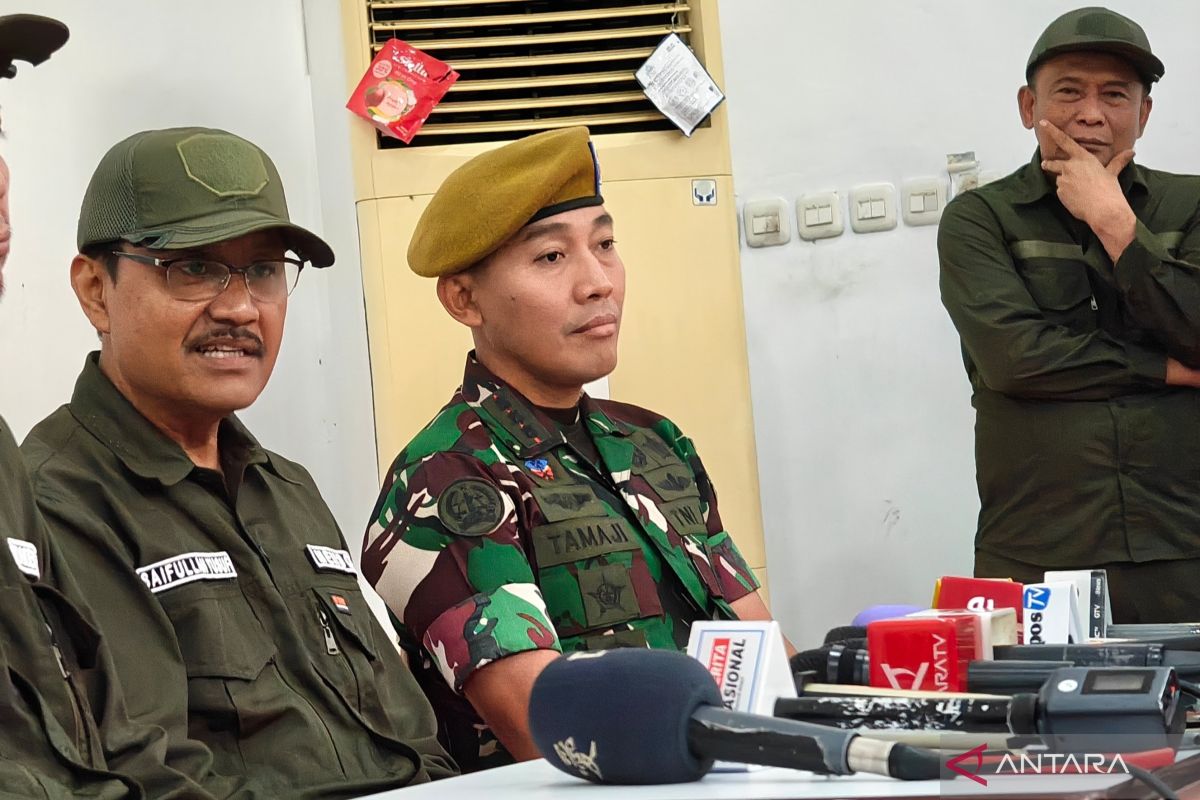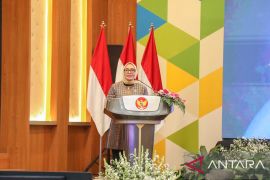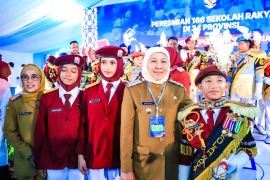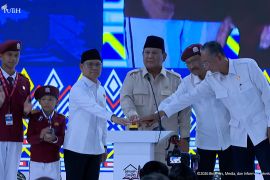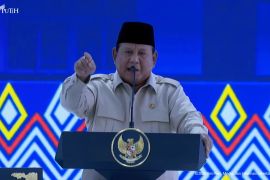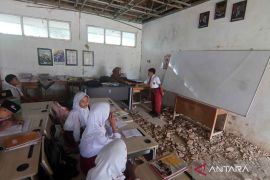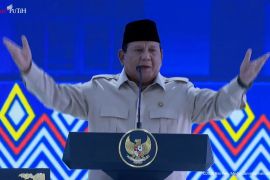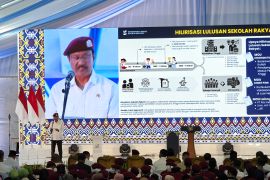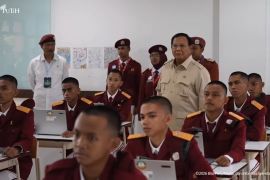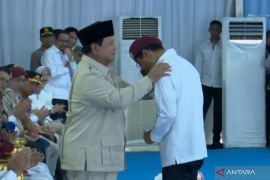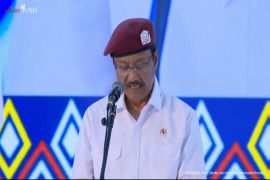“Yes, such as the Anak Dalam Tribe in Jambi or other regions. God willing, this has been included in the program agenda,” he said after opening the second phase of the Sekolah Rakyat principals’ retreat here on Wednesday.
He informed that the initial phase of Sekolah Rakyat will focus on children from underprivileged families registered in the government’s National Socioeconomic Single Data (DTSEN), specifically those from the DSIL 1 and DSIL 2 categories, or the poorest groups in the country.
However, he added that in establishing Sekolah Rakyat schools that can accommodate local wisdom, especially for remote indigenous communities, the government has taken into account both the potential and interest of regions.
“This step is one form of affirmative action to broaden access to education, including for children from indigenous communities,” he said.
The Sekolah Rakyat program is an affirmative measure to provide free access to quality education—complete with dormitories, meals, and character development programs, he expounded.
“The primary target is children who need it the most, but we are also opening opportunities for areas rich in local wisdom, so that children from remote indigenous communities are not left behind,” he said.
The first phase of the program will be rolled out in the 2025–2026 academic year, starting July 14, 2025. Under the program, the learning activities and dormitory accommodation of students will be fully funded by the government.
Related news: AI introduced to Sekolah Rakyat principals at retreat
Related news: Indonesia seeks bridging digital divide through Sekolah Rakyat
Related news: A peek at Sekolah Rakyat sends students’ hopes soaring
Translator: Prasetyo, Kenzu
Editor: Azis Kurmala
Copyright © ANTARA 2025
